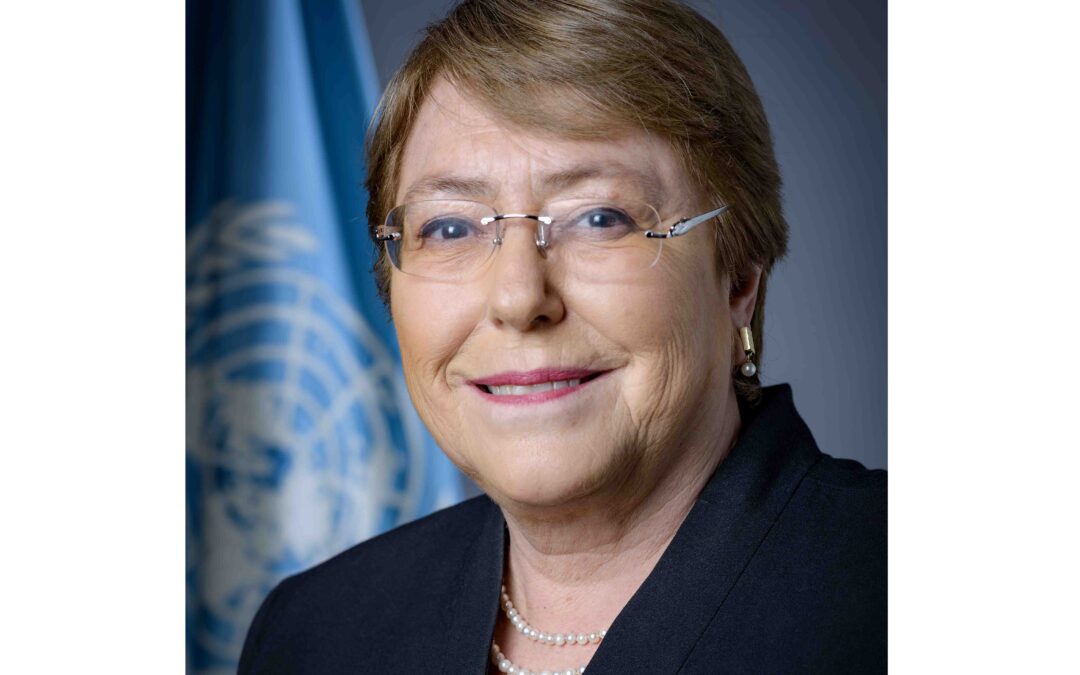
Sep 14, 2018 | News
On 14 September 2018, the ICJ joined 67 other international and Guatemalan civil society organizations in a letter to the High Commissioner for Human Rights, Michelle Bachelet, to express grave concern about recent developments to curtail anti-impunity efforts in the country.
These include President Jimmy Morales’ decision on 31 August 2018 not to extend the mandate of the International Commission against Impunity in Guatemala (CICIG); the Guatemalan authorities’ subsequent decision on 4 September 2018 to prohibit the re-entry into the country of the CICIG’s Commissioner Iván Velásquez; and judicial reforms adopted by Congress on 6 September 2018 that threaten to undermine the independence of the judiciary and the function of the Constitutional Court judges and the office of the Human Rights Ombudsman.
The signatories welcomed the High Commissioner’s critical reference of these developments in her opening remarks to the 39th session of the Human Rights Council.
They asked that the High Commissioner give continued support in the fight against corruption and impunity in Guatemala and called on her to press the Guatemalan authorities to adopt necessary measures to facilitate compliance with the mandate of the CICIG under the terms of the Agreement signed between Guatemala and the United Nations.
The letter is available here (in Spanish): Guatemala-Letter to Michelle Bachelet-News-2018-SPA
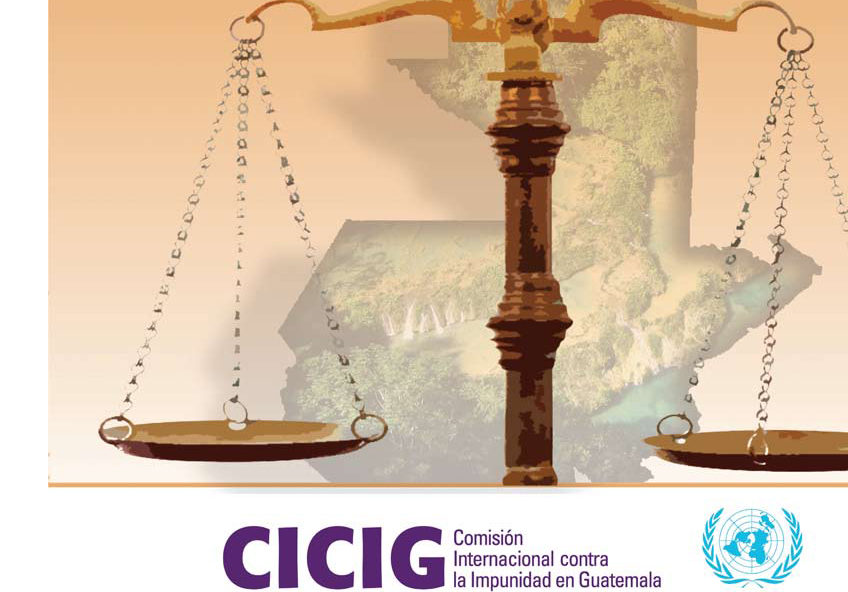
Sep 5, 2018 | News
The ICJ today signed a joint statement with other international organizations based in Europe that cooperate on Guatemala condemning the decision of Jimmy Morales not to renew the mandate of the International Commission against Impunity in Guatemala (CICIG).
The statement also repudiates the subsequent decision by President Morales to bar the CICIG Commissioner Iván Velásquez from returning back to the country.
The CICIG has made a significant contribution to the work of the Public Prosecutor’s Office, the strengthening of the rule of law and the fight against corruption networks.
The statement expresses grave concern that on 31 August 2018 the government used tanks and heavily armed policemen to intimidate CICIG personnel as well as Guatemalan citizens, while announcing the decision not to renew the mandate of the CICIG. “The image of President Jimmy Morales surrounded by the military and police at the press conference evokes the memory of the coup d’état and the military dictatorships during the dark years of the internal armed conflict,” the statement adds.
The organisations signing the statement call on the European Union and its Member States to demand that the state of Guatemala complies with its international obligations and guarantees the necessary conditions for Commissioner Iván Velásquez and the CICIG to continue their work safely and independently.
The full statement is available here: Guatemala-Statement on decision about CICIG and Velasquez-News-2018-ENG
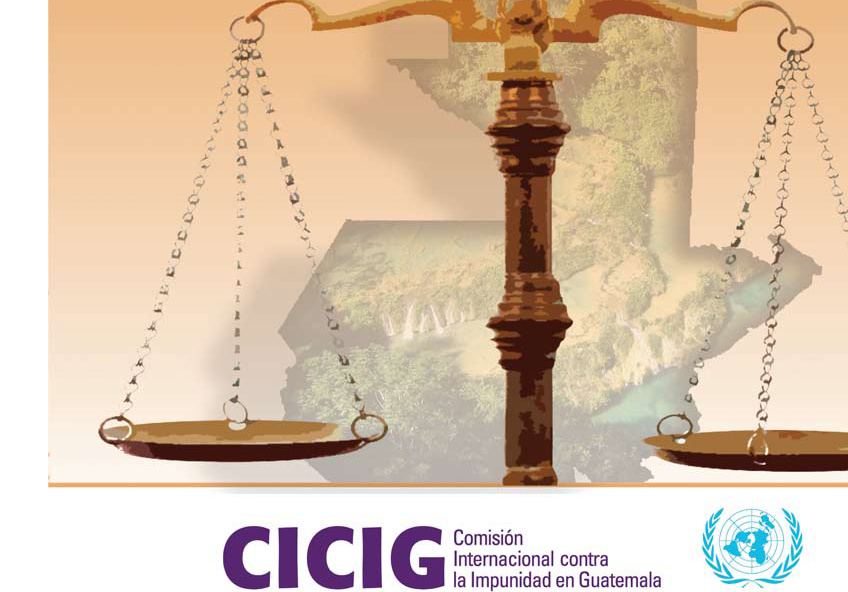
Sep 5, 2018 | Noticias
Hoy la CIJ firmó una declaración conjuntamente con una docena de otras organizaciones internacionales basadas en Europa que cooperan en Guatemala, condenando la decisión del Presidente Jimmy Morales de no renovar el mandato de la Comisión Internacional Contra la Impunidad en Guatemala (CICIG).
La declaración también repudia la decisión subsecuente del Presidente Morales de impedirle al Comisionado Iván Velásquez (foto) regresar al país.
La CICIG ha realizado contribuciones significativas al trabajo de la Fiscalía, el reforzamiento del estado de derecho y la lucha contra las redes de corrupción.
La declaración expresa una gran preocupación de que, el 31 de agosto del 2018, el gobierno haya recurrido a tanques y policías fuertemente armados afín de intimidar al personal de la CICIG y además a ciudadanos/as guatemaltecos/as, al anunciar la decisión de no renovar el mandato de la CICIJ.
La declaración agrega: “La imagen del Presidente Jimmy Morales rodeado de militares y policías en la conferencia de prensa evoca memorias de golpes de estado y dictaduras militares durante los años negros de conflictos armados internos”.
Las organizaciones firmantes hacen un llamado a la Unión Europea y sus Estados miembros para exigir que el Estado de Guatemala cumpla con sus obligaciones internacionales y que garantice las condiciones necesarias para que el Comisionado Iván Velásquez y la CIGIC puedan continuar su trabajo de manera segura e independiente.
Guatemala-Statement on decision about CICIG and Velasquez-News-2018-SPA (texto completo de la declaración, en pdf)
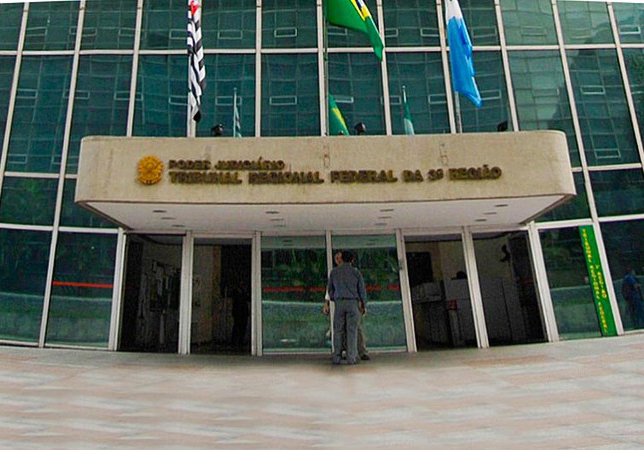
Aug 23, 2018 | News
The Regional Federal Tribunal (TRF-3), in a watershed judgment, ruled that prescription or statute of limitations was not applicable to claims of reparation by a victim of torture during the military regime in the 1970s. The Court accepted the arguments of ICJ Commissioner Belisário dos Santos Jr.
The hearing in the lawsuit against the Union and the State of São Paulo took place on Wednesday 22, after the case had been dismissed by the court first instance.
Belisário dos Santos Jr., Executive Committee Member of the ICJ, argued the case for the victim at the invitation of the Juridical Department of CA XI.
He noted: “On the one hand there could be no statute of limitation on torture claims, while on the other hand the the application of the statute of limitations which adopted by Decree 20.910 / 32 had to be considered.”
The lawsuit, which began in 2012, alleges political persecution and torture that took place beginning 1971 .
Belisário dos Santos Jr. argued that the rationale for the law and jurisprudence affirming the inapplicability of statute of limitation lies in the seriousness of the violation of torture, which had been committed on a widespread and systematic basis by order or with the knowledge of high-level State authorities in Brazil at the time.
“The obligation to provide reparation under the UN Convention against Torture could not be superseded by provisions of the domestic law of a State. In addition, the obligation to provide a remedy and reparation is a legal duty of the State which must not depend on the conduct or activity of the victims. For these reasons, the case could not have the same treatment of other lawsuits against the Public Treasury,” he said.
Belisário dos Santos Jr. also pointed out that, pursuant to article 14 of the UN Convention against Torture, which was ratified by Brazil in 1991, “the reparation must be fair and adequate, as recognized by the jurisprudence of the Supreme Court of Justice and TRF 3, itself in accordance with international human rights law and jurisprudence. ”
The TRF-3 decided by 3-2 majority that the statute of limitation was inapplicable and, unanimously, granted the appeal on merit, allowing the lawsuit to proceed.
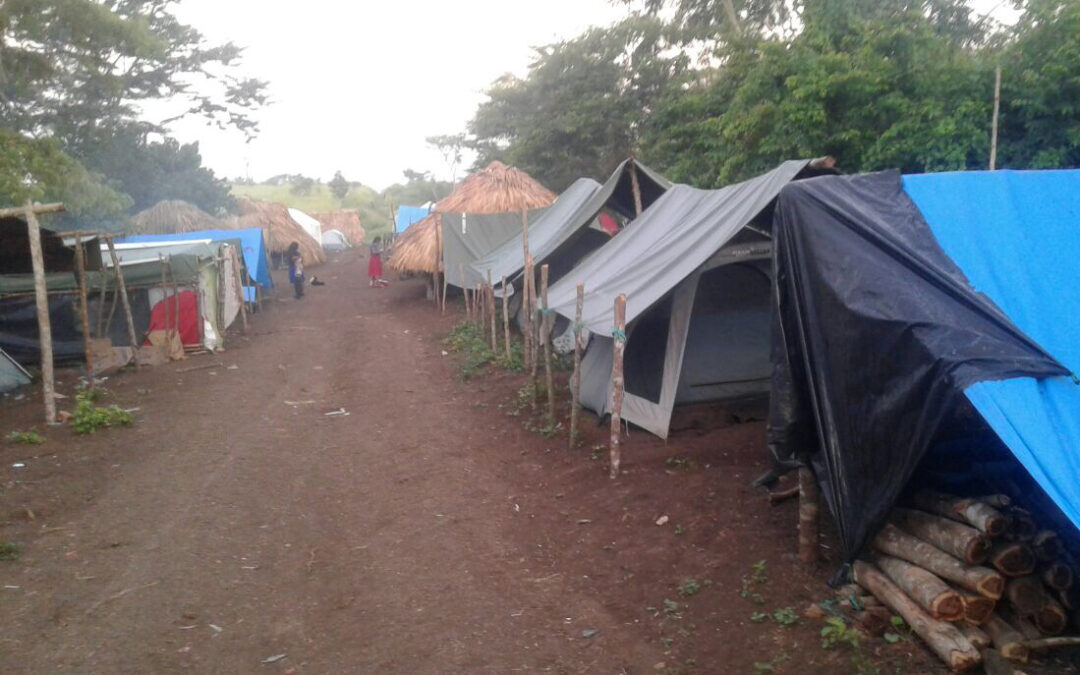
Jul 27, 2018 | News
On 25 July, the ICJ visited the displaced persons of the Laguna Larga community, who were forcibly evicted from their homes over a year ago.
These displaced persons are now living in makeshift tents in infra-human conditions in the El Desengaño community, municipality of Candelaria, State of Campeche on the frontier between Guatemala and Mexico.
Their health and well-being are at serious risk.
On 8 September 2017, the Inter-American Commission on Human Rights (IACHR) granted precautionary measures in favour of the evicted and displaced community of Laguna Larga (Resolution 36/2017 Precautionary Measures No 412-17), calling on the Guatemalan authorities to adopt the “necessary measures to protect the rights to life and to personal integrity of the beneficiaries, through measures designed to improve, among other aspects, their sanitary and health conditions, in particular of children, women and the elderly”.
To date, the Guatemalan authorities have taken no action to implement the precautionary measures.
The ICJ was able to observe that the only measure adopted by the Guatemalan State has been to provide the displaced community with two teachers to give classes to the children.
However, the ICJ could also observe that the educational installations are precarious, too hot and very dark, which makes it difficult to give classes.
No sanitary nor health services have been provided by the Guatemalan authorities. On 24 July, a child died only 30 hours after her birth, seemingly a consequence of lack of medical attention.
Neither have other precautionary measures concerning food, access to water and housing been implemented.
The ICJ is deeply concerned that the Guatemalan State has not fulfilled the requirements of the IACHR and that after a year, the rights to life and personal integrity of the displaced community of Laguna Larga is at risk of irreparable harm.
In the face of the inaction of the Guatemalan authorities, members of the Laguna Larga community with the support of Mexican and Guatemalan organizations have managed to implement various projects to provide drinking water, electricity, food and health services.
However, despite these important efforts, this humanitarian support remains insufficient given the serious crisis.
While the efforts of the Laguna Larga community and Mexican and Guatemala non-governmental organizations have been an example of civil society organization, it in no way exonerates, substitutes or reduces the responsibility of the Guatemalan State to guarantee the rights to life and personal integrity of the displaced population and to implement the precautionary measures ordered by the IACHR.
Ramon Cadena, Director of ICJ’s Central American Office, said:
“Given this situation, the ICJ urges the Guatemalan authorities immediately to fulfil the Inter-American Commission on Human Rights’ precautionary measures 412-17 and to resume the dialogue that was started before the eviction. According to international standards, the State should provide reparations for all the harm and prejudice caused.”









